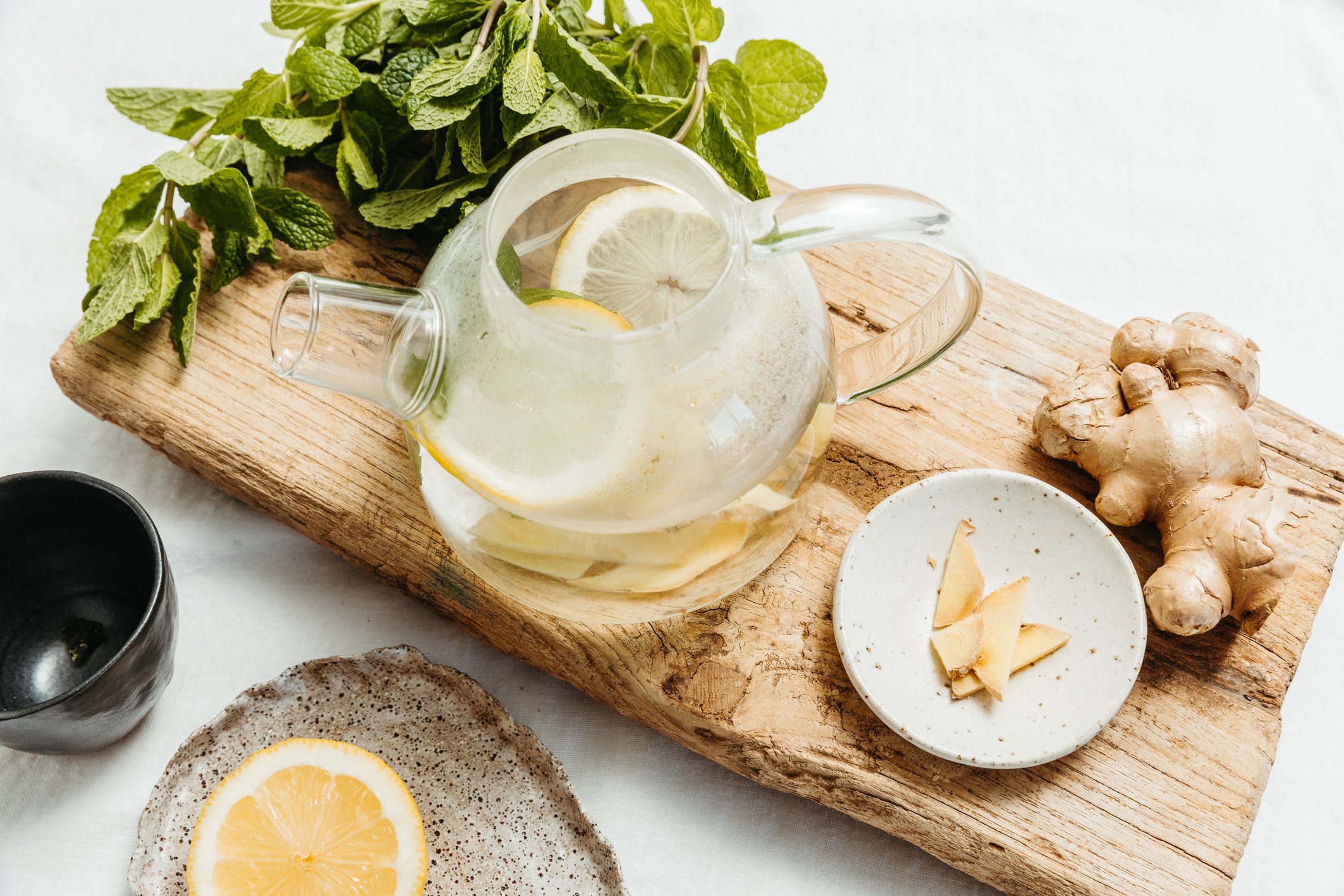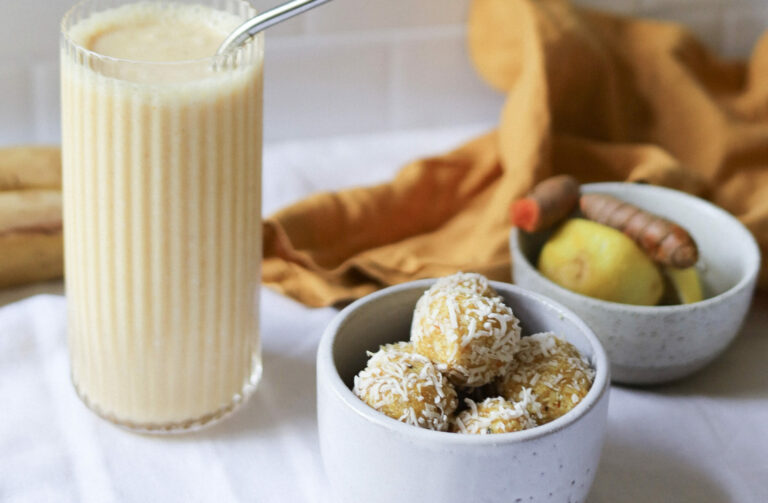By Georgia Hartmann
Naturopath, Nutritionist & Women’s Health Expert
Postpartum. A time for restoration after growing, birthing and nourishing a new being. The single best way to restore energy and agility is sleep. However the fragmented sleeping patterns of new mothers and parents is associated with increased stress, fatigue, depression, daytime function problems, and susceptibility to infection.[1]
Unmanaged sleep problems not only adversely affect a postnatal woman mentally and physically but may also affect adaptation to her new life role as a mother and her relationship with her baby and partner. Prior research has found that 95% of postpartum women experience postpartum fatigue, and 20% suffer from postpartum depression.[1]
While my biggest recommendation for new parents is to sleep when the baby sleeps, for some this is challenging. Although they are physically tired, as soon as they lay down, the to-do lists appear─washing, cooking, cleaning, groceries, work commitments, exercise, financial goals, and of course the last minute thought: ‘have I drunk any water today?’ If this is you, I hear you. And I am you. And I have an easy solution.
The benefits of herbal tea in postpartum
Due to their ability to act on nerve cell function, herbal medicines are beneficial in producing hypnotic, sedative, and anti-anxiety effects. An easy (an inexpensive) way to consume herbal medicine (while also increasing your water intake), is by enjoying herbal tea. Let’s take a look at a few options.
Lavender tea
Lavender was originally cultivated in the Mediterranean region where it is known as “the queen of the garden fragrances” because of its distinctive aroma. Lavender tea contains linalyl acetate and linalool, which reduce depression and insomnia, calm the mind, and relieve anxiety. Results of a 2015 randomized-controlled trial found that lavender tea is beneficial for postpartum women as it improves fatigue, depression, and maternal-infant attachment.[1]
German chamomile tea
Chamomile has been used as a medicine for thousands of years, with records of use by the ancient Egyptians, Greeks, and Romans. It has historically been used as a remedy for colds, sore throats, abscesses, gum inflammation (gingivitis), anxiety, insomnia, acne, eczema, minor burns, inflammatory bowel disease, ulcers and childhood ailments such as nappy rash and colic. A study out of Taiwan reported that consuming German chamomile tea once daily for 2 consecutive weeks showed significant improvement in sleep and postpartum depression. [2]
Magnolia tea
Magnolia is a tree native to China that possesses anti‐anxiety and neuroprotective activities. Drinking magnolia tea for 3 weeks has been shown to significantly improve sleep quality, fatigue and depression in postpartum women at both 3 and 6 weeks postpartum [3]
Passionflower tea
Passiflora is an herb with neuroprotective benefits. A recent systematic review found passionflower to be beneficial in managing anxiety, nervousness, insomnia, neuralgia, convulsion, spasmodic asthma, ADHD, palpitations, cardiac rhythm abnormalities, hypertension, sexual dysfunction, and menopause.[4]
A final word: Opt for loose leaf tea
A recent study out of Canada found that tea bags containing plastic release approximately 11.6 billion microplastics and 3.1 billion nanoplastics into a single cup of tea during a typical steeping process. The problem with plastics is that they have the potential to cause genotoxicity (damaged genetic information), apoptosis (cell death), and reproductive toxicity (altered sperm quality and hormonal imbalances).[5-6] So, to avoid this, opt for loose leaf tea. My favourite (Australian) brands are Mayde Tea, Ovvio Tea, and Love Tea.
References:
[1] Chan, S-L., et al. Effects of Lavender Tea on Fatigue, Depression, and Maternal-Infant Attachment in Sleep-Disturbed Postnatal Women. World Views on Evidence-Based Nursing, 2015.12(6). PMID: 26523950.
[2] Chang, S-M., et al. Effects of an intervention with drinking chamomile tea on sleep quality and depression in sleep disturbed postnatal women: a randomized controlled trial. Journal of Advanced Nursing, 2016. 72(2). PMID: 26483209.
[3] Xue, L., et al. A randomized controlled pilot study of the effectiveness of magnolia tea on alleviating depression in postnatal women. Food Science & Nutrition, 2020. 8(3). PMID: 32180964.
[4] Janda, K., et al. Passiflora incarnata in Neuropsychiatric Disorders—A Systematic Review. Nutrients, 2020. 12(12). PMID: 33352740.
[5] Hernandez, L.M., et al. Plastic Teabags Release Billions of Microparticles and Nanoparticles into Tea. Environmental Science Technology, 2019. 53(21). PMID: 31552738.
[6] Amereh, F., et al. The emerging risk of exposure to nano(micro)plastics on endocrine disturbance and reproductive toxicity: From a hypothetical scenario to a global public health challenge. Environmental Pollution, 2020. PMID: 32088433.
About the author:
Having been diagnosed with Premature Ovarian Failure two years prior to conceiving her first child naturally, Georgia’s passion lies within helping women overcome their hormonal imbalances through the blend of conventional and complementary medicine. For additional support, you can contact Georgia via:




